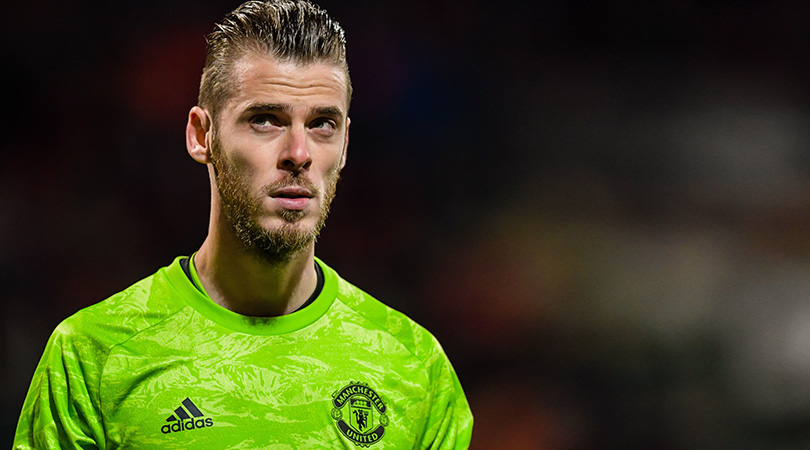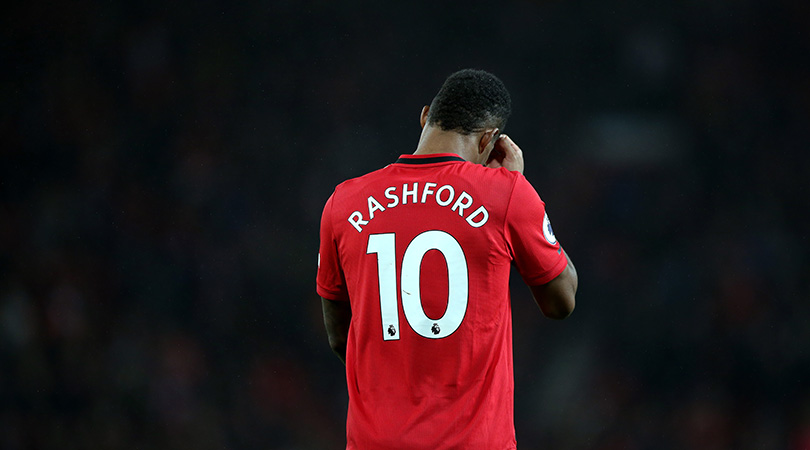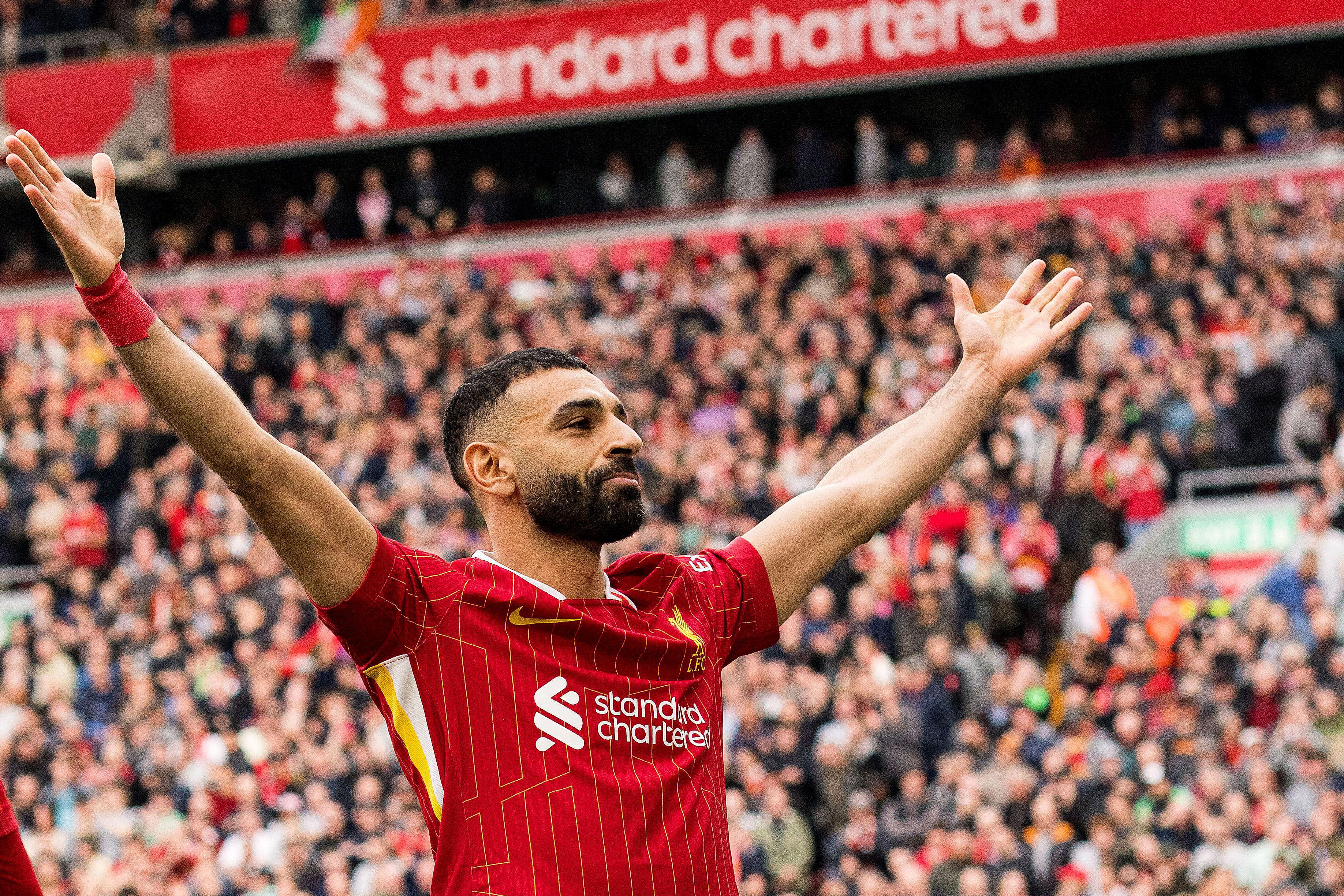Andy Mitten column: Why Paul Ince was wrong about David de Gea
Ince was critical of a glum post-match interview in the wake of defeat at Newcastle, but the subject of his ire has been one of Manchester United’s few positives in a woeful post-Fergie era

Paul Ince was a top player for Manchester United, and he’s decent company too. History has been rewritten by the victors like Sir Alex Ferguson to cast him as the bad guy since he played for Liverpool and celebrated by cupping his ear to United fans after a goal.
That’s not in the ‘How to be a club legend booklet’, though I once asked Ince about this incident and he said: “You should always celebrate for the team you play for. I don’t get this not celebrating against your old team. You should celebrate with the team and fans of the club which pays your wages.
“In that game I scored a key goal that brought us level. Denis Irwin had been sent off, which he should never have been, then we scored.
“I probably went mad because of all the shit I was getting from United fans. I can deal with the abuse, but I’d helped United win a first title in 26 years and then the Double, and felt the abuse wasn’t fair. So it all built up and I went mad when I scored.
“I’m allowed to hold the view that both Liverpool and Manchester United are both great football clubs where fans were great with me when I played for them.”
It’s his view and he’s absolutely entitled to it – as he was when he commented on David de Gea’s downbeat post-match interview after Manchester United’s latest mess of a game at Newcastle. But this is what he said that I don’t agree with.
“I watched De Gea’s post-match interview and I was at a loss,” began Ince. “He’s meant to be a leader. This is one of the top players, the leaders at Man United, who has just signed a five-year contract. And he looks like he doesn’t have a clue what is going on. If that was Peter Schmeichel standing there, there’s no chance you’d have seen that interview…”
Get FourFourTwo Newsletter
The best features, fun and footballing quizzes, straight to your inbox every week.
There’s also little chance that you’ll see David de Gea doing cartwheels celebrating a Manchester City goal – but perhaps Ince has forgotten Schmeichel’s acrobatics.
De Gea cut a forlorn figure in a rare post-match interview. “It’s not acceptable, not just in this game but the whole season,” he said. “It’s the most difficult time since I’ve been here. I don’t know what’s happening. Come on, we can’t even score one goal in two games.”
There should be some mitigation. Rightly or wrongly, De Gea’s English isn’t the best, but I still respected him for fronting up and speaking in Newcastle. The Spaniard should have done far more media than he has in recent years, but he’s quite private – and his public stance was the opposite of his close mates Juan Mata and Ander Herrera, who spoke confidently in better English than most of their team-mates.
United fans feel like they barely know De Gea, since most of the stories associated with him relate to contracts and his future. And when there’s speculation about his future, he doesn’t speak. Given that De Gea takes so long to sign the contracts offered to him (18 months for the latest), he’s effectively ruling himself out of speaking for a good chunk of his time at the club.
But now, with a huge new deal signed which makes him the world’s best-paid goalkeeper, he’s free to talk and should speak. Why? There aren’t enough characters in the United dressing room.
De Gea, as a senior player with eight years at the club, should be standing up to be counted, but the problem when you do that after a poor performance is that that you’re on a hiding to nothing – especially if it follows other poor performances. It’s just talk, after all. You’re damned if you do, damned if you don’t. What can you say publicly when your team have been beaten again? Apologies start to sound trite.
I waited in the mixed zone in Den Haag last week, a chaotic affair on a balcony that was so crowded with journalists and fans that United’s security officers didn’t think it was safe to let the players through. And that suited them just fine, since they had little inclination to try to defend another abject performance.
De Gea will ultimately be judged by what he does on the pitch rather than what he says. With uncharacteristic mistakes, this year has been his worst at the club since his first six months in 2011 when, in the words of one journalist, he looked like a schoolboy who’d won a competition to appear with United’s first team.
Since then he’s established himself as the best player at United this decade; the one with the individual awards in lieu of titles that his club hasn’t come close to winning since 2013. De Gea still remembers that triumph well and regularly reminds his friends about it. As his compatriot Juan Mata told me: “He remembers how the whole of the city was full of United fans, and about the team bus going through the centre of Manchester with fans climbing on the buildings in Deansgate.”
De Gea wants that again. He’s also told friends that he wants to stay at United for the rest of his career. If he does that and continues to be first choice, then he’ll move into the top five of the club’s all-time appearance holders – the only one not to come from the youth system.
The measure of a great goalkeeper is not how he performs when his side are sweeping all before them and any mistakes he makes don’t cost games. United are a better team with De Gea in it. At 28 he’s still young for a goalie, and it looks as though he’ll be sticking around for a while.
While you're here, why not take advantage of our brilliant subscribers' offer? Get 5 issues of the world's finest football magazine for £5 – the game's greatest stories and best journalism direct to your door for less than a pint in London. Cheers!
NOW READ...
ARCHIVE When England's WAGS went wild in Baden-Baden – and took the blame for World Cup 2006 failure
WATCH Premier League live stream 2019/20: how to watch every game from anywhere in the world

Andy Mitten is Editor at Large of FourFourTwo, interviewing the likes of Lionel Messi, Eric Cantona, Sir Alex Ferguson and Diego Maradona for the magazine. He also founded and is editor of United We Stand, the Manchester United fanzine, and contributes to a number of publications, including GQ, the BBC and The Athletic.

